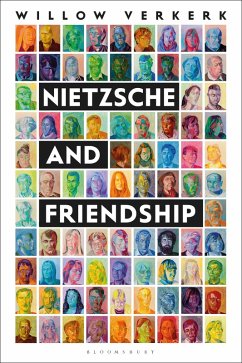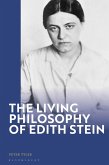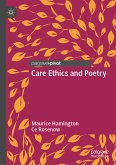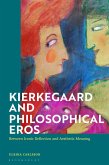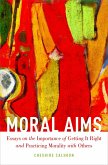In Nietzsche and Friendship, Willow Verkerk provides a new and provocative account of Nietzsche's philosophy which identifies him as an agonistic thinker concerned with the topics of love and friendship. She argues that Nietzsche's challenges to the received principles of friendship from Aristotle to Kant offer resources for reinvigorating our thinking about friendship today. Through an examination of his free spirit texts, Human, All Too Human, Daybreak and The Gay Science together with Thus Spoke Zarathustra and Beyond Good and Evil, Verkerk unlocks key aspects of Nietzsche's thinking on friendship, love, 'woman', the self, self-overcoming, virtue, and character. She questions Nietzsche's misogyny, but also considers the emancipatory potential of his writing by brining him into dialogue with postmodern, feminist, and transgender thinkers. This book revives interest in the ethical, therapeutic, and political dimensions of Nietzsche's philosophy.
Bitte wählen Sie Ihr Anliegen aus.
Rechnungen
Retourenschein anfordern
Bestellstatus
Storno

